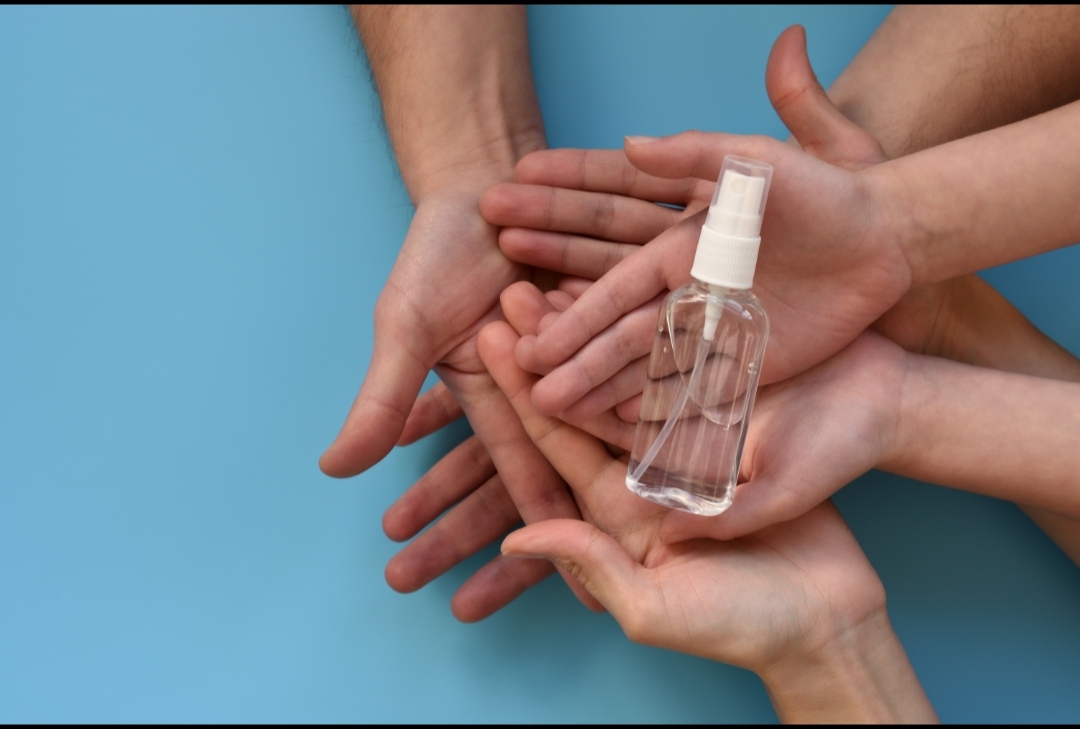By Siyona Varghese
As a parent, ensuring the hygiene and self-care of your toddler is one of your top priorities. It not only promotes physical health but also plays a crucial role in their overall development. Toddlers are at a stage where they are exploring everything around them and as a result, their immune systems are not fully developed. Therefore, it’s crucial to follow some essential tips to ensure your toddler is healthy and happy.
Diapers: The sooner you stop using diapers, the better it is. You may opt for cloth re-usable diapers which are not super-absorbent so that wetness can be felt leading to the immediate removal of the diaper. Leaving on any kind of diaper on a child too long would result in infections including UTIs (Urinary Tract Infections).
Bathing: Bathing your toddler every day is essential to maintain their hygiene. It helps to remove any dirt, sweat or bacteria that may have accumulated on their skin during the day. Bathing also helps to prevent skin infections, rashes and irritation. Ensure that the water temperature is not too hot or too cold and use a mild soap or body wash specifically designed for children. If your child has sensitive skin, you may skip the soap on alternate days.
Oral Hygiene: Oral hygiene is essential for your toddler’s overall health. Encourage your child to brush her teeth twice a day, preferably in the morning and at night before going to bed. Use a soft-bristled toothbrush and a small quantity of fluoride toothpaste, as it helps to prevent cavities and tooth decay. Do not use too much paste. Grain-size may just be sufficient. Avoid sugary foods and drinks as they can cause tooth decay. Avoid sugary toothpastes also.
Hand Washing: Teach your toddler to wash their hands before and after meals, after using the bathroom and after playing outside, with mild soap. Handwashing helps to prevent the spread of germs and bacteria. Use warm water and soap and make sure your child washes her hands thoroughly, including the backs of her hands, between her fingers and under her nails.
Nail Care: Keep your toddler’s nails short and clean to prevent the accumulation of dirt and bacteria. Long nails can also lead to scratches and cuts, which can easily become infected. Use a baby nail clipper or scissors, and ensure that you trim her nails straight across to prevent ingrown nails.
Skin Care: Toddlers have delicate skin, which is more susceptible to irritation and rashes. Use a mild, fragrance-free soap and lotion to keep their skin clean and moisturized. If your child has eczema or other skin conditions, consult a pediatrician for appropriate treatment.
Hair Care: Wash your toddler’s hair with a gentle shampoo designed for toddlers. Use a soft brush or comb to detangle her hair and avoid using hair accessories that are too tight or can cause scalp irritation.
Clothing and Laundry: Wash your toddler’s clothes, bedding and towels frequently to prevent the accumulation of bacteria, dust mites and other allergens. Use a mild, fragrance-free laundry detergent and avoid using fabric softeners or dryer sheets as they can irritate your child’s skin. Dress your toddler in loose-fitting, comfortable clothes made from breathable fabrics such as cotton.
In conclusion, following these essential hygiene and self-care tips can help to ensure that your toddler stays healthy and happy. It’s essential to be consistent and patient when teaching your child about hygiene and self-care. Encourage them to be independent, but supervise and assist them when necessary. By following these tips, you can help your toddler develop good hygiene habits that will benefit them throughout their lives.
References



